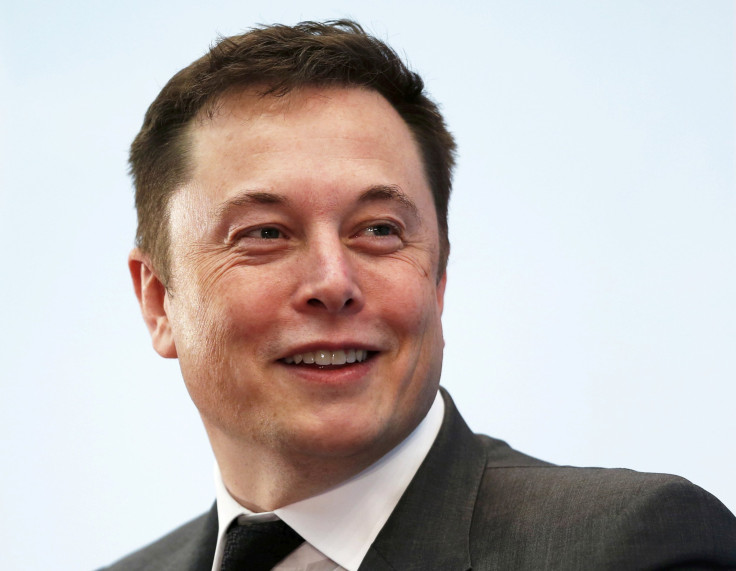Elon Musk Says Mark Zuckerberg's Understanding Of AI Is 'Limited'

It all started with a Facebook Live video and smoking meats. Mark Zuckerberg spent Sunday afternoon in the backyard of his Palo Alto home smoking meat and live streaming the process on his site Facebook. On the menu was brisket and ribs but he also took the opportunity to burn Elon Musk for his views on Artificial Intelligence.
Not surprisingly, Zuckerberg's comments, which were prompted by a question from a viewer of the live stream that now has nearly six million views and more than 250,000 comments, quickly made headlines. After a few days of silence, the SpaceX and Tesla founder and CEO responded on Twitter.
Musk responded to an article about Zuck's comments, "I've talked to Mark about this. His understanding of the subject is limited," he tweeted out. He then also responded to a tweet requesting that he write a blog post outlining his arguments for AI regulation by saying, "Movie on the subject coming soon..." That was his last tweet of the night.
I've talked to Mark about this. His understanding of the subject is limited.
— Elon Musk (@elonmusk) July 25, 2017
What exactly did Zuck say that got Musk to respond?
“I have pretty strong opinions on this I’m really optimistic. I’m an optimistic person in general I think you could build things and the world gets better. But with AI especially I’m really optimistic and I think that people who are naysayers and kind of try to drum up these doomsday scenarios are, um, I just don't understand it. I think it's really negative and in some ways I actually think it's pretty irresponsible” Zuckerberg said to the camera on Sunday.
He went on to explain that the expected advances in AI would greatly improve human life, specifically in the realms of healthcare and self-driving cars. He also said that technology can always be used for bad or good but that he doesn’t understand the argument to slow down the process of building AI. “I’m just much more optimistic on this in general than probably a lot of folks are,” he said before taking a break to add more charcoal to smoker behind him.
Read: Elon Musk Boring Company Hyperloop: Go From NYC To DC In 29 Minutes
Whether intentional or not, Zuckerberg’s comments are reflective of those Musk made at the National Governors Association 2017 Summer Meeting on July 15. “I have exposure to the very most cutting edge AI and I think people should be really concerned about it," Musk said on stage to a room full of governors. "I keep sounding the alarm bell but until people see like robots going down the street killing people they don’t know how to react because it seems so ethereal. I think we should be really concerned about AI,” he said. The image of a robot taking to the streets and killing people is a “doomsday scenario” like what Zuckerberg referred to in his live stream.
“AI is a rare case where I think we need to be proactive in regulation instead of reactive because I think by the time were reactive in AI regulation it’s too late,” Musk said. “This is really like the scariest problem to me,” he said later on. While he believes in a future with AI, he believes the development process should be regulated so that business competition doesn't end up creating any AI monsters.
While the two tech CEOs don’t agree on the threat level of AI, they both see it as something that will happen in the near future and that has the potential to improve the lives of humans.
Former Twitter CEO Dick Costolo was on CNBC's Squawk Alley Tuesday morning to chime in on the disagreement. "I think what Elon meant to say is that Mark's view of this is optimistic, I do tend to take the more pessimistic view that it will be hard to keep general AI in a box," he said. He went on to explain that the pessimism or "deep concern" comes from the understanding that if you create artificial intelligence that is on par with human intelligence or has greater intelligence it would hypothetically be able to work around logical constraints. "Mark tends to be much more of an optimist on the future of technology and I think that's what you're seeing here," he said.
© Copyright IBTimes 2025. All rights reserved.





















